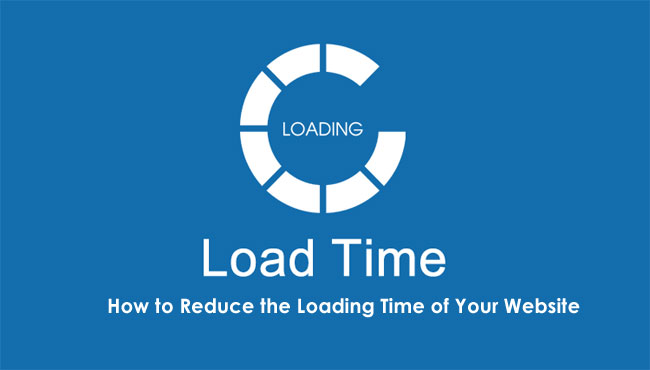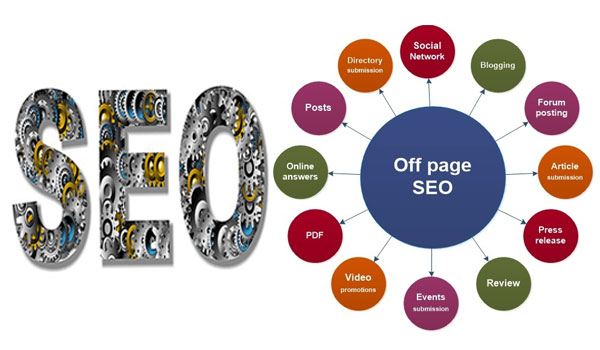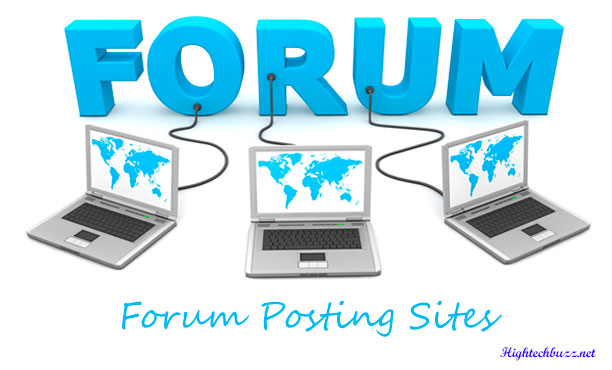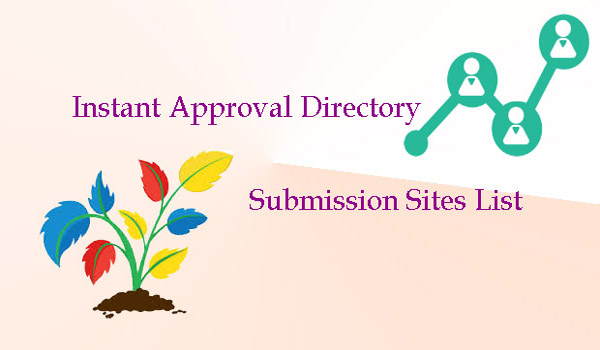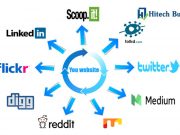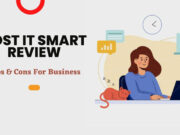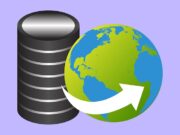Scalable reporting is essential to most enterprises’ data management and interpretation strategies in this data-driven world. It enables companies to transform raw data into readable, interpretable, and actionable information that helps create strategic decisions for business growth. Below, we delve into the best practices for maintaining a scalable reporting solution. Keep reading to learn more.
The Importance of Regular Checks
Regular check-ups are crucial for maintaining your reporting solution’s efficiency. A reporting solution is a sophisticated system consisting of numerous interconnected parts. Like a well-oiled engine, it requires regular scrutiny to detect any potential issues before they become critical problems. Testing and regular health checks can prevent data inaccuracy, system downtime, and lag, severely impacting a business’s ability to make informed decisions based on timely and accurate data.
Moreover, by performing health checks, businesses ensure their scalable reporting solutions run as smoothly as possible. Health checks also provide an opportunity to clean up redundant data and outdated processes and refine procedures, leading to improved operational efficiency.
Automation of Reporting Solutions
In today’s fast-paced digital world, staying ahead of the curve when it comes to technology is essential for any business. One area where keeping up with the latest advancements is particularly important is in reporting solutions. Scalable reporting solutions offer the ability to adapt and grow with your business, ensuring you have access to accurate and up-to-date information to make informed decisions.
Gone are the days when reporting involved manually compiling data from multiple sources and spending hours creating complex spreadsheets. With scalable reporting solutions, automation and integration are at the forefront. These solutions can seamlessly connect with various data sources, such as customer relationship management systems, financial software, and social media platforms. This integration allows for real-time data collection and analysis, giving businesses an accurate and comprehensive view of their operations.
Additionally, scalable reporting solutions offer flexibility and adaptability. As businesses grow and evolve, their reporting needs may change. With scalable solutions, businesses can easily add new data sources, create custom reports, and modify existing templates.
Furthermore, reporting solutions offer advanced analytics capabilities. These solutions go beyond basic reporting, providing businesses with actionable insights and predictive analytics. Through data visualization tools, businesses can easily spot trends, identify patterns, and detect anomalies. This helps drive better decision-making, allowing businesses to uncover hidden opportunities and mitigate risks.
Continuous Training and Skill Development

Last but not least, another best practice in maintaining a scalable reporting solution is continuous training and skill development. As businesses grow and evolve, so do their data reporting needs. Therefore, it’s crucial for staff involved in maintaining and using the reporting solution to continuously upgrade their skills, stay updated with the latest best practices, and understand how to utilize the reporting tools at their disposal.
Effective training programs help employees understand the nuances of the reporting solution better. They also encourage a culture of continuous learning and adaptation, which is critical in today’s fast-paced business environment. Up-to-date knowledge and well-developed skills are indispensable for managing and using your reporting system.
Beyond maintaining the reporting system, continuous training and skill development allow your organization to stay competitive, keep your workforce engaged, and increase employee productivity and satisfaction. This makes it not just a best practice for maintaining your scalable reporting solution but also a significant investment in your organization’s future.
Maintaining a scalable reporting solution is a complex task that requires a strategic approach. By implementing these practices, you can ensure that your reporting solution continues to provide accurate, meaningful data that propel your business forward.







